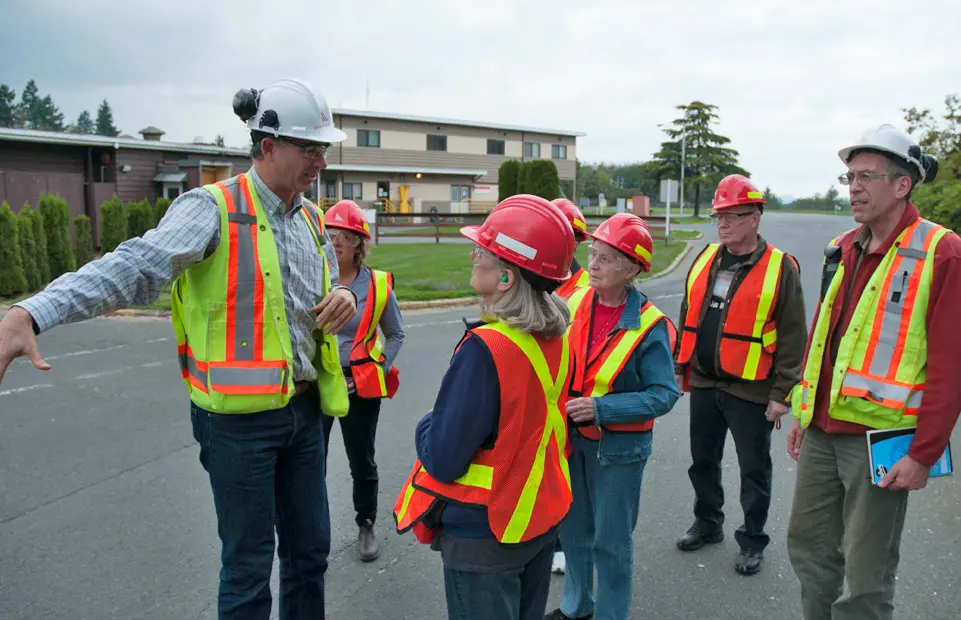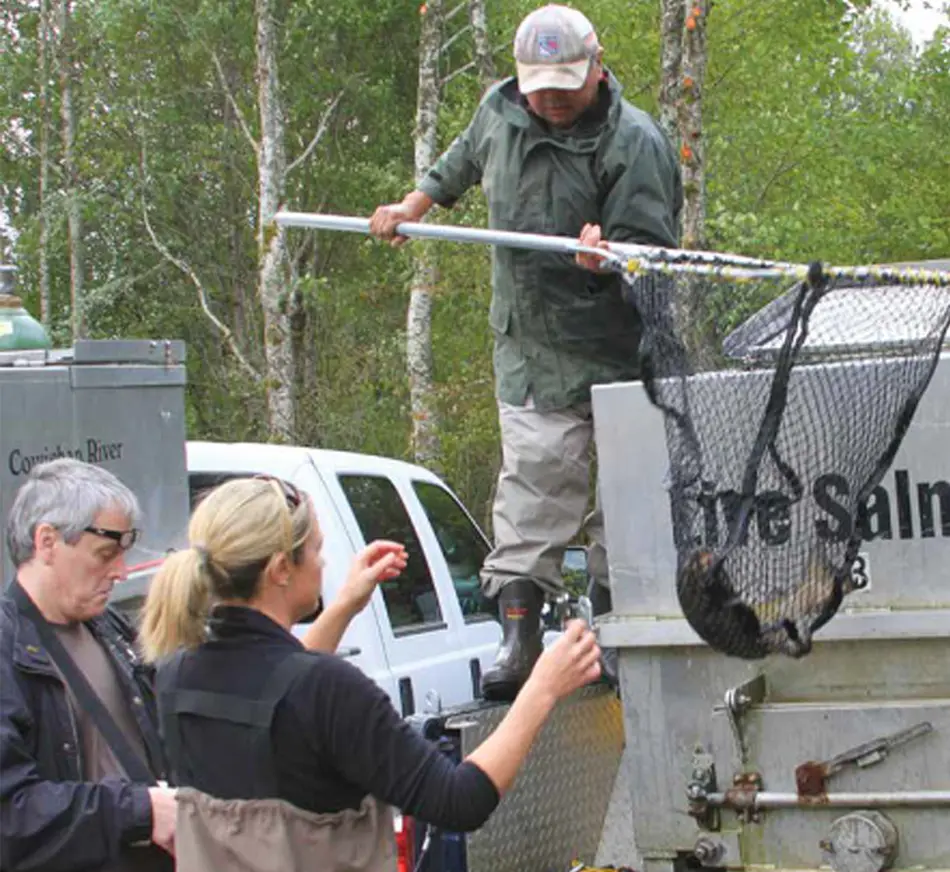ECONOMIC BENEFITS
Paper Excellence mills across Canada are crucial to the economic well-being of our local communities. Some of our contributions include:
- 6 locations across Canada
- Over 2,100 full-time jobs
- 6,200 indirect jobs
- Over $4.3 billion in economic contribution much of which is spent within 500 km of each facility
- $1.3 million in local property taxes (tax revenues)


Community Engagement
Building effective dialogue is a cornerstone of good relationships. Our mill leadership speaks regularly with local community leaders and elected officials. At some mills, Community Advisory Forums are held quarterly to update the public and provide a platform for input.
We also engage with local stakeholders and environmental non-government organizations (ENGOs) on issues of pertinence in the community. Examples include stewardship of rivers, environmental monitoring, and ecological improvements.
COMMUNITY INVESTMENT
Paper Excellence proudly partners with our community neighbours to enhance the well-being of the communities that we operate in. We do this, in part, through donations to organizations and programs nationally, provincially and in the regions where we operate.
- 2022 Total Donations 650,000 thousand
- A variety of local charities were supported in 2022 including food banks, sports teams, and community health foundations
- More than 50 different community programs and initiatives supported in 2022
Applications should be submitted only once. You can expect a response within four weeks.
DONATION APPLICATION FORM
Meadow Lake Mechanical Pulp Inc. donated $12,000 to the NorthWest Community Lodge Association Inc. to fully furnishing a suite in Meadow Lake’s new continuing care home.

INVESTING IN OUR COMMUNITY’S FUTURE
Paper Excellence values education. In recognition of this, we offer scholarships and bursaries to students in the communities where we operate.
COMMUNITY SCHOLARSHIPS INDIGENOUS SCHOLARSHIPSIn addition to these scholarships, students can also apply for the Catalyst Paper Corporation Scholarship at UBC.
UBC SCHOLARSHIPTRACKING ANY POSSIBLE COMMUNITY IMPACTS
Part of our environmental program includes monitoring all impacts on the local receiving environment. From an air emissions perspective, most of our facilities operate ambient air monitoring systems to track air quality for the benefit of the community. This data is shared directly with government and available online. From a waste water perspective, all facilities with waste water discharges participate in the federal Environmental Effects Monitoring (EEM) program to assess impacts on the local aquatic receiving environment. Again, the results of these studies are shared with the public.


Our Environmental Policy
We are committed to conducting business in a manner that protects the environment, conserves resources, reduces its environmental footprint and ensure sustainable development.
Download Policy